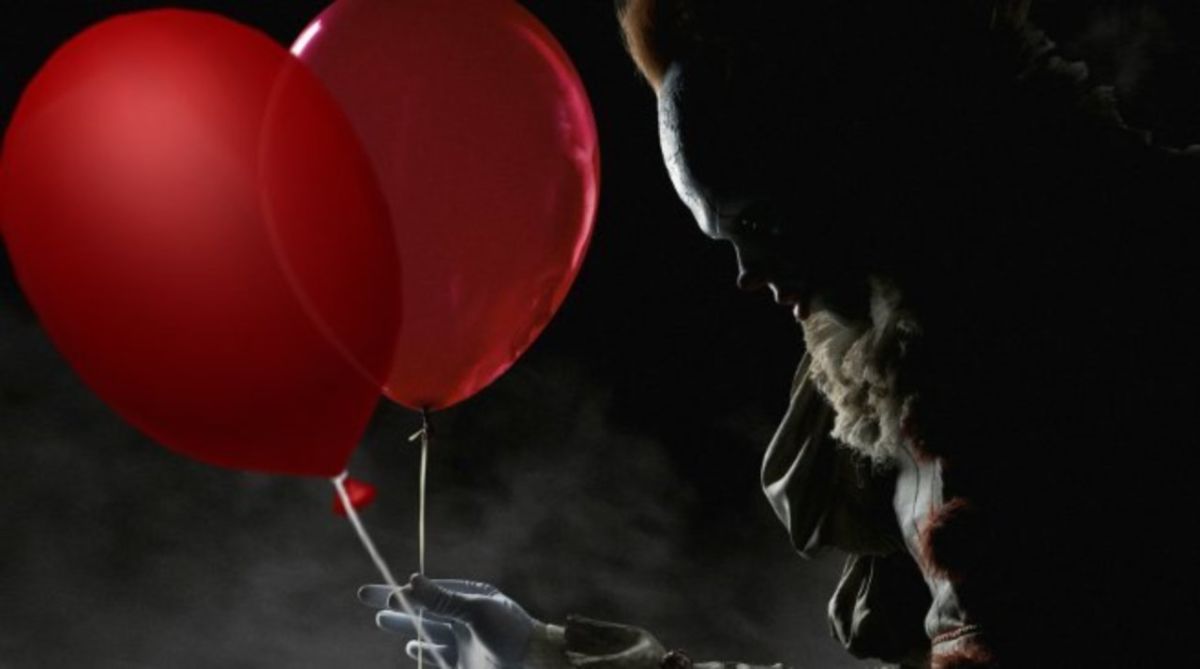IT Chapter Two is a sequel I have been eagerly awaiting. I enjoyed the first movie, and the 80s setting offered much sweet nostalgia. The child actors were good, Bill Skarsgård knocked it out of the park as Pennywise, and there were some decent scares (Pennywise moving from the screen to a larger real life version of himself is still firmly etched in my mind). The sequel, while competent, suffers from being overly bloated.
It has a run-time of almost 3 hours, and I didn’t realise how long it would be until I found myself looking at my watch in the theatre. I get that they wanted to pay homage to King’s work, and therefore tried to include as much of the source material as possible, but it’s just too much. Due to the attempt to squeeze everything in, it didn’t allow much room for the ensemble to come together on screen.
The casting is top-notch. The adult actors are, for the most part, spot-on in their characterisations of the Losers Club, both in looks and mannerisms. Bill Hader as Richie is the best part of the film, and the banter between him and James Ransone (the actor who plays Eddie) really reminded me of the acting chemistry that Finn Wolfhard and Jack Dylan Grazer shared (the child actors who played these characters in the first movie). Jay Ryan, who plays Ben, also does a very good job. He may be good looking, but he communicates Ben’s insecurities and vulnerabilities well, like there’s still a fat kid trapped within him.
James McAvoy and Jessica Chastain feel a bit miscast, to be honest. McAvoy comes across a little too cool to be Bill, while Chastain gives a blank performance as Beverly. Chastain has always played these tough women characters (think Molly’s Game, Zero Dark Thirty, Miss Sloane), so Beverly may be harder for her to capture. It’s not that Beverly isn’t tough, she is, but she has quite a lot of vulnerabilities to deal with as well.
In the previous movie, Mike Hanlon (portrayed by Isaiah Mustafa in this movie) was underdeveloped compared to the rest, and it is the same issue in the sequel. Why does Mike stay at Derry for 27 years? He is the historian/researcher of the group in the book, but this was not built up in the first movie. They gave that purpose to Ben instead, so it feels weird to get this shift in the sequel. The rest of the group embark on journeys into the past, getting the opportunity to confront their suppressed traumas. All Mike gets is brief references to the fire that killed his parents and access to hallucinogens.
The transitions between scenes are wonderful, constantly connecting the Losers Club and their stories even when they are walking separate paths. I especially liked the transition between Stanley’s bathtub scene to Beverly’s lying in bed moment. Pennywise feels tamer this time around, though. Skarsgård is very good in individual scenes, where it’s just him and another character, though his efforts are not as noticeable when he’s dealing with them in a larger group. He just doesn’t seem to be as menacing and scary in those scenes.
His scary counterparts also aren’t as terrifying as before. Is this meant to reflect that as you grow up, the demons that once haunted you no longer have such a tight grip? Perhaps. However, this dilutes the horror element of the film, which is the main selling point. Speaking of scary counterparts, Henry Bowers’ reappearance just feels wholly unnecessary. As a literary choice this makes sense, since King would want to highlight how we all respond to abuse and trauma differently. Some try to suppress it and move on, others are never able to, and then there are those who embrace the darkness they grew up in. In the movie, his presence adds to the bloated narrative and, more times than not, the tension is lost instead of created.
Because the narrative isn’t better paced, the film starts to lose your attention as it move towards the ending. The big show-down with Pennywise feels a bit anti-climatic, and the resolution feels unearned. It should be mentioned that there are some meta aspects to the film, which break the fourth wall a tad. Essentially, Bill is now a writer (just like Stephen King) and everyone is constantly telling him how his endings suck. Fans love his books but hate his endings. This could be because he denies his conclusions a happy ending, citing that things are far from smooth-sailing in real life.
This comes across as definite sign-posting, where we are told very clearly early on how things are going to end up. The filmmakers are basically telling us they improved the ending, and it will be interesting to see if fans of the book agree with this assertion. All the Stephen King universe Easter eggs are, however, a tad grating, ham-fisted inclusions that add nothing to the narrative and mainly there for fan service.
Ultimately, IT Chapter Two is a movie that had massive potential to be something great, but instead settles for being merely okay. It stays in the shadow of the first movie, which is just a crying shame.
Some of the coverage you find on Cultured Vultures contains affiliate links, which provide us with small commissions based on purchases made from visiting our site. We cover gaming news, movie reviews, wrestling and much more.




